Who are we: Plastomics’ management team collectively has more than 100 years of leadership experience in the agricultural industry, including in multinational industry leading companies and start-ups. Our lab team is exceptionally skilled and innovative with deep experience in cell biology, plant tissue culture, transformation and molecular biology. Together, we are dedicated to developing and commercializing the next generation of revolutionary trait delivery technology.
Management Team
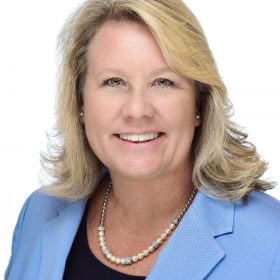
Tania Seger
CEO
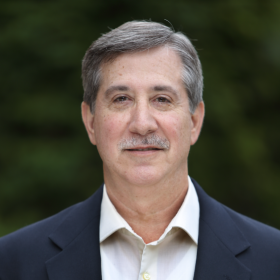
Jeffrey Staub, Ph.D.
CSO
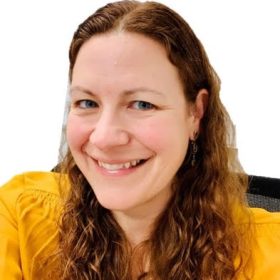
Annie Saltarikos, PhD
Senior Vice President, Research and Development
Research Team
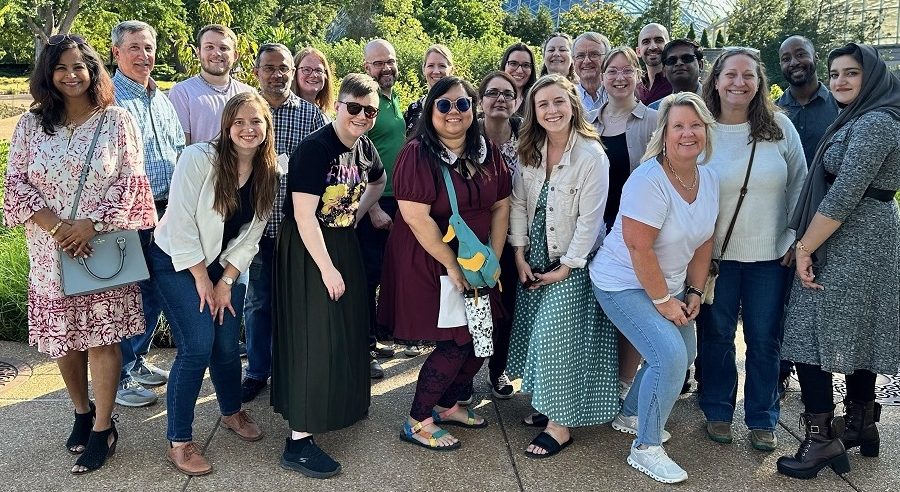
Scientific Advisory Board
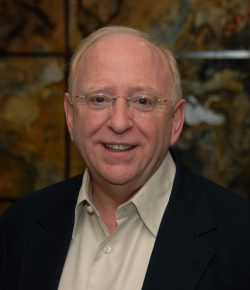
David Fischoff, P.H.D. (Chair, SAB)
David A. Fischhoff, Ph.D. is an independent consultant in biotechnology and agriculture with more than 35 years of experience in R&D leadership and business development. Dr. Fischhoff has built and led programs in multiple areas of agricultural research and development. In addition, he has extensive experience in new technology identification; technology acquisition, investment and licensing; research collaboration management; and intellectual property management and defense.
Dr. Fischhoff currently serves as a consultant and advisor to companies is agriculture and biotechnology. He is on the Board of Directors for S&W Seed Company; and he chairs the Scientific Advisory Boards for AgBiome, Inc., Plastomics and CiBO Technologies.
Dr. Fischhoff had a 33-year career at Monsanto Company from which he retired in 2016 as Vice President, Special Projects. Among his roles at Monsanto, Dr. Fischhoff served as Chief Scientist for The Climate Corporation, a subsidiary of Monsanto; Vice-President for Technology Strategy & Development; and Co-President of Cereon Genomics, LLC, a collaborative research venture between Monsanto and Millennium Pharmaceuticals.
In his career at Monsanto, Dr. Fischhoff was responsible for the discovery and development of insect resistant transgenic crops, which are a major tool for insect control in corn, cotton and soybean in multiple countries and have been planted on a cumulative total of more than one billion acres worldwide. Dr. Fischhoff is the co-inventor of the synthetic gene technology for expression of insecticidal proteins in plants, which is the enabling technology for nearly all insect resistant transgenic crop products in the marketplace.
Dr. Fischhoff received his S.B. in Biology from M.I.T. and a Ph.D. in Genetics and Molecular Biology from The Rockefeller University. Dr. Fischhoff is recognized as one of the founders of agricultural biotechnology, and he was the recipient of the inaugural Innovation Prize for Agricultural Technology in 2015 from the American Society of Plant Biologists for his work on insect resistant crops, and the James B. Eads Award for outstanding achievement in technology from the Academy of Science of St. Louis. He is the inventor on key patents related to insect resistant crops, an author of more than 25 scientific publications, and an invited speaker at numerous national and international symposia.
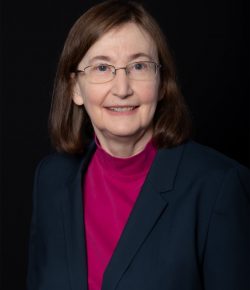
Maureen Hanson, P.H.D.
Maureen Hanson is Liberty Hyde Bailey Professor in the Department of Molecular Biology and Genetics at Cornell University in Ithaca, NY. Her undergraduate degree in Botany was from Duke University and her Ph.D. was in Cell and Developmental Biology from Harvard University, where she also held an NIH postdoctoral fellowship. Before arriving at Cornell, she was on the faculty at the University of Virginia.
Her lab has worked on diverse questions involving plant organelles, including cytoplasmic male sterility, fertility restoration, and the function of stromules, dynamic extensions of the plastid compartment that her lab rediscovered with GFP technology. Her lab has used chloroplast transformation methods to explore various aspects of chloroplast gene regulation, especially RNA editing. Currently she has major projects aimed at improving photosynthesis through chloroplast engineering. She is an Fellow of the American Society for the Advancement of Science, the American Society of Plant Biologists, and the American Academy of Arts and Sciences. She is a member of the National Academy of Sciences.
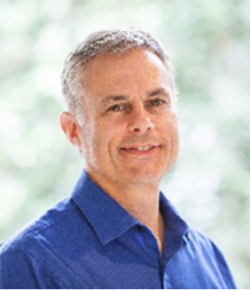
Paul Chomet, P.H.D.
Dr. Chomet has over 30 years of experience in the Ag Biotech industry with a background in Genetics and Genomics. He is currently the President of, Chomet Consulting LLC, advising the Ag tech industry, non profitand academic sectors. He recently worked with NRGene as Senior Technical Solutions Specialist serving to develop products and manage projects. Prior to NRGene, he was at Monsanto Co. for 24 years as a Scientific Fellow holding leadership positions in the DNA Marker Discovery Platform, drought discovery team, and the biotech trait advancement program. Paul is an inventor on over 30 US patents and holds a Ph.D. in Genetics (1988) from SUNY at Stony Brook working at Cold Spring Harbor Laboratory. He performed postdoctoral studies at the University of California-Berkeley. Paul currently serves as Vice Chair of the Board of Directors at the Boyce Thompson Institute, Ithaca, NY and a former member of the Maize Genetics Executive Team. Paul is married and lives in Connecticut, US.
- Background in Genetics and Genomics with over 30 years of experience in the Ag Biotech industry
- Advises the Ag tech industry, non profit and academic sectors through his consulting company.
- Currently Vice Chair of the Board of Directors, The Boyce Thompson Institute, Ithaca, NY
- Recently employed by NRGene, Senior Technical Specialist managing projects.
- Worked at Monsanto for 24 years, Scientific Fellow holding leadership positions in the DNA marker discovery platform, drought discovery team, and the biotech trait advancement program.
- Inventor on over 30 US patents
- Ph.D. in Genetics, SUNY at Stony Brook/Cold Spring Harbor Laboratory, postdoc at U. C. Berkeley (Freeling Lab).
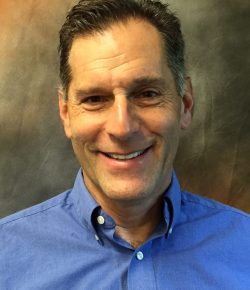
John Finer P.H.D.
John Finer is an Emeritus Professor at The Ohio State University and Courtesy Faculty at Florida Gulf Coast University. His area of expertise is soybean tissue culture and transformation, using both Agrobacterium and particle bombardment. For most of his career, he has focused on soybean embryogenesis and regeneration, with more recent emphasis on soybean promoter analysis and genome editing.
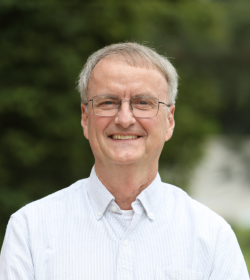
Charles Armstrong, Ph.D
Vice President, Research
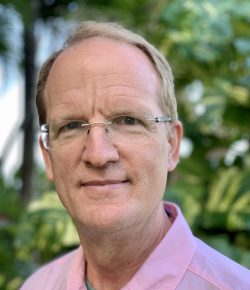
Larry Gilbertson, PhD
Dr. Larry Gilbertson is a plant biotechnology scientist and leader, with 27 years leading crop biotechnology teams at Monsanto Company and Bayer Crop Science. The focus of Dr. Gilbertson’s research has been in vector design and plant transformation, gene expression and silencing, biotechnology pipeline improvement and management, protein engineering, and precision genome editing and engineering. He is an inventor on over 60 granted patents and over 20 peer reviewed publications. Dr Gilbertson retired from Bayer Crop Science in 2023 as a Distinguished Science Fellow. Larry now offers his expertise as an independent consultant for multiple agricultural biotechnology companies and is an experienced science communicator involved in public engagement and advocacy of topics related to biotechnology. Dr. Gilbertson received his B.S. degree in Biology from the University of Iowa, and his Ph.D. degree in Biology from the University of Oregon.
